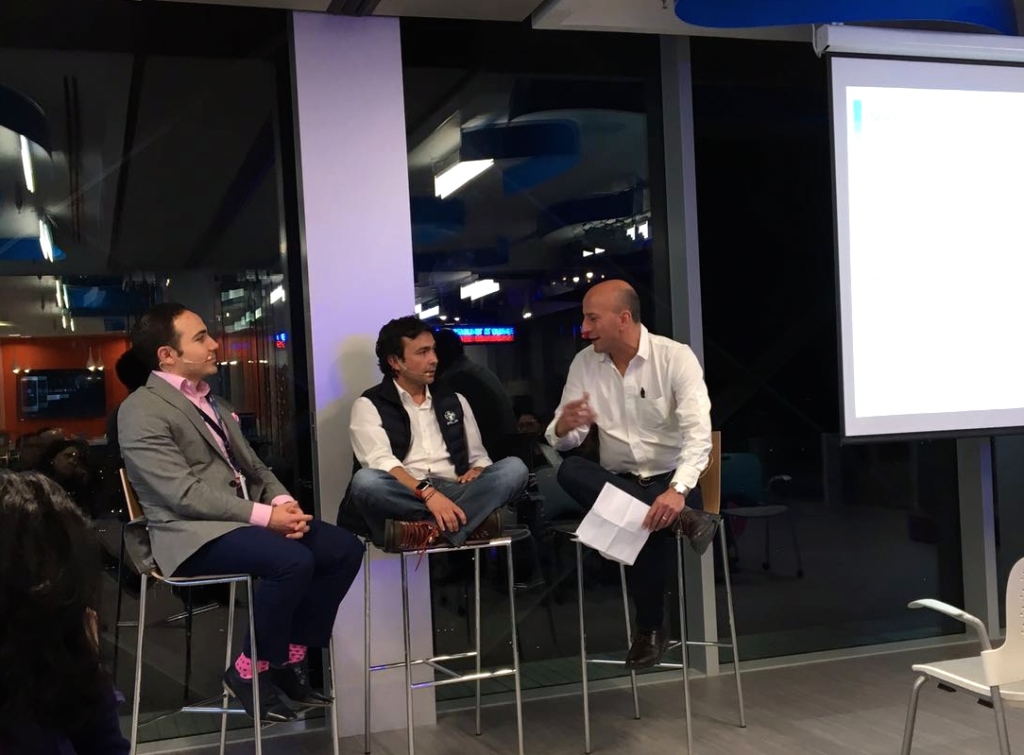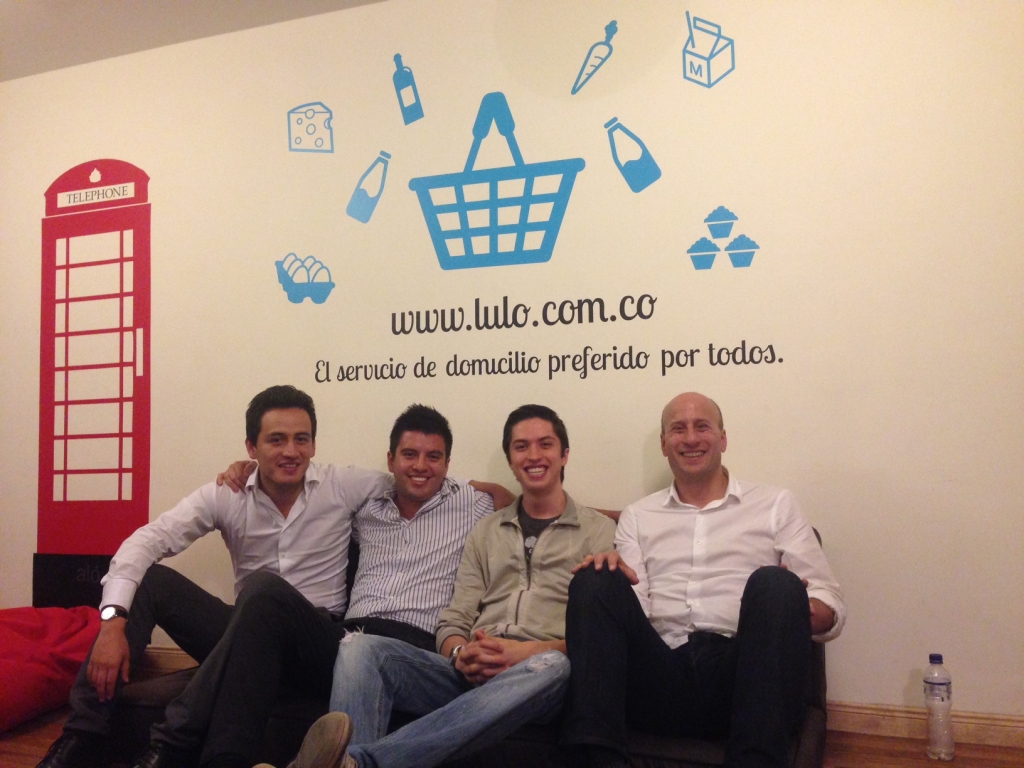
Through the years, I’ve had the opportunity to meet hundreds of startup founders in Latin America and have advised a growing portfolio of these. During this time, I’ve been able to collaborate with amazingly talented founders in their building some great new companies. This achievement, by itself, is incredibly difficult in any region in the world and particularly so in Latin America. Nonetheless, growing beyond this initial discovery and validation phase and into a large business (and organization) requires a great deal more in terms of leadership skills and seems to be less common in Latin America than in other regions. A key reason for this, in my estimation, is the lack of awareness and understanding of the power of creating a strong company culture.
There are a number of factors that contribute to the dearth of startups in Latin America that have grown into big businesses such a scarcity of experienced Venture Capital firms in the region, friction-filled (e.g., regulation, taxes, etc.) markets, unique customer monetization challenges (e.g., low credit card penetration, etc.) and a dearth of experienced talent, among others. These challenges also present great opportunities that some startups in the region have used to their advantage. These include MercadoLibre, PayU Latam, and Despegar, among others. Local entrepreneurs as well as investors in the region are very good at focusing efforts upon external (or market) factors such as sales and marketing. These are important. Nonetheless, in my opinion, there is far too little focus on a key area that has the potential to multiply the number of startups that grow to become big companies in the region if more attention is paid to it: building a solid and coherent company culture.
Read more
 A few weeks ago, I had the good fortune to chat in Mexico City with both the co-founder and the investor of one of Mexico’s key startups, Conekta. Conekta is a payments platform that has previously secured funding from local VCs as well as some international angel investors such as Dave McClure. I spoke with the company’s co-founder and CEO, Hector Cardenas, as well as one of it’s investors, Eric Perez-Grovas, General Partner of Jaguar Ventures.
A few weeks ago, I had the good fortune to chat in Mexico City with both the co-founder and the investor of one of Mexico’s key startups, Conekta. Conekta is a payments platform that has previously secured funding from local VCs as well as some international angel investors such as Dave McClure. I spoke with the company’s co-founder and CEO, Hector Cardenas, as well as one of it’s investors, Eric Perez-Grovas, General Partner of Jaguar Ventures.


